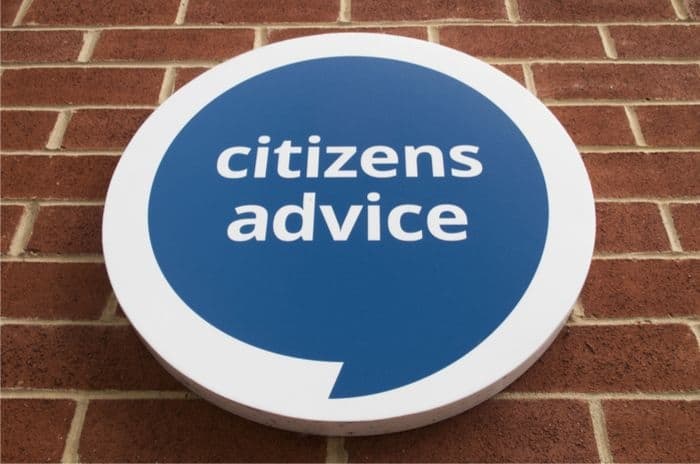Home > Mobile > News > Citizens Advice uncovers four million overcharged for handsets
Citizens Advice uncovers four million overcharged for handsets
Research from the UK's Citizens Advice has found that an estimated four million have been charged by their mobile providers for handsets that are already paid off.
In a piece of research published this week, Citizens Advice is calling for mobile operators to bring more transparency to the way our mobile contracts are priced. This comes as a result of their findings that an estimated four million of us have been charged extra for handsets which were already paid for.
Citizens Advice have said that the UK's largest operators, EE, Three and Vodafone, all routinely overcharge customers, making them continue paying for handsets which have already been paid off.
This follows an investigation last year in which the charity discovered customers were paying as much as £38 a month unnecessarily, particularly if they opted for one of the newer handsets.

The Citizens Advice research
The research promoted by Citizens Advice was based on analysis of 700 different contracts. In many cases, these contracts were 'bundled deals' where there was little or no information on the cost of the phone included. These, they say, are the most common types of contracts in the UK and tend to last around two years.
They looked at contracts from EE, Vodafone and Three, and used 12 different handsets as examples. Both Android and iOS devices were used, with a spread of low range (under £300), mid-range (£300 - £600) and high end (£600+) smartphones included.
The research found that:
- In 73% of contracts, customers would pay more than they would if they just bought the phone and paid for usage separately.
- 55% of customers presume bundled contracts are the cheapest option.
- From the contracts inspected, the average overcharge was £22 a month, but for high end phones such as the iPhone X it could be as high as £38.
- Vulnerable people are twice as likely to be overcharged, with the elderly estimated to be typically out of pocket by £264.
Citizens Advice say that one in three customers go beyond their minimum contract period without seeking out a cheaper deal. On average, they will stay in the same deal for six months before switching. They say that this brings the total of overcharging to £490m in one contracted period alone.
'Unacceptable'
Chief Executive of Citizens Advice, Gillian Guy, called it 'unacceptable' that providers were knowingly overcharging their customers. She accused both Ofcom and the providers of 'a lot of talk' but said that the UK needs action now.
She stressed the importance of customers checking their contract to see if they can save money. Customers who have paid off their handset could switch to a sim only deal to save money or could upgrade to a new phone.
Ofcom are currently consulting on this very issue, and plan to publish findings in March 2019. Their proposals are that all mobile providers notify customers when contracts come to an end. This follows findings by the regulator which estimated the number of customers overpaying at 1.5m.
The O2 difference
For some time now, O2 have separated the cost of the handset from that of the tariff on their Refresh plan. More recently, the provider is offering customers a chance to build their own contract to suit their needs.
Speaking about their Refresh tariff last year, they claimed it saved customers an average of £216 per year. Undoubtedly, the ability to be more flexible with the plans they take is an advantage for O2 customers, which is likely one of the reasons the network boasts such a low churn rate, at just 0.9%.
Could flexi-tariffs be the answer?
These 'flexi-tariffs' run the cost of the usage and handset as two separate contracts, so that once the phone is paid for, the user simply pays for their airtime. However, a spokesperson for EE has said that they just don't work.
They agreed that customers should not overpay but said that splitting the contract in this way wouldn't give the customers 'the transparency or the best deal they deserve'.
Currently, all three of the operators in question say there is adequate opportunity for customers to find out where they stand on handset payments.
EE said they send out alerts before the end of a customer's contract which explains the available options. Three did not specify their process but said that information is available through customer service channels at all times.
Vodafone claim they already contact customers who are approaching the end of their contract. They also said that from next month they will send additional information to customers who do not negotiate a SIM only deal, or upgrade.
Get insider tips and the latest offers in our newsletter

We are independent of all of the products and services we compare.

We order our comparison tables by price or feature and never by referral revenue.

We donate at least 5% of our profits to charity, and we have a climate positive workforce.
Latest News

05 December 2024
Merger of Vodafone and Three UK approved
19 August 2024
New O2 Essential Plan for those on social benefits
06 August 2024
Three UK moves to pounds and pence annual price risesGet insider tips and the latest offers in our newsletter


